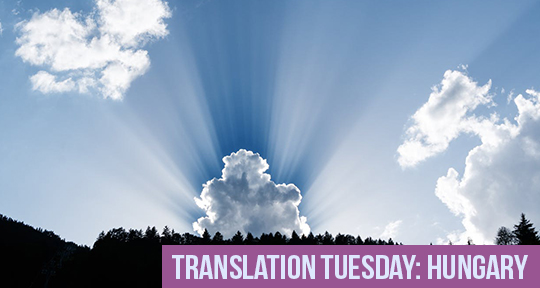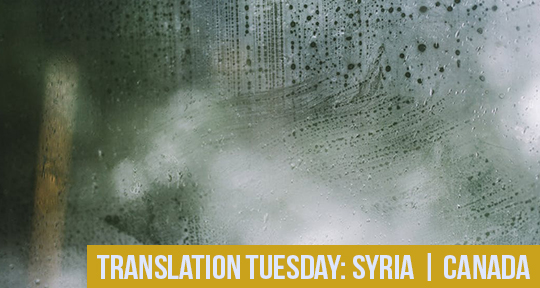Dive into our latest issue through the eyes of our blog editors, who take a close reading of the pieces that most moved them. In confronting shame and invisibilization, tracking the recurrent tides of grief, rending the mysterious forces of music and literature into poetry, and reimagining the painful, final moments of a migrant’s journey—these translations offer us avenues into wonderment, connection, and understanding.
When I was young, I developed a compulsion to count my fingers, pinky to thumb and back again, to fifteen, whenever I found myself in a situation I didn’t understand, or when I felt ashamed or guilty. The repetitive, reliable action was my way of putting a cork in my anxiety, to stem the building pressure that threatened to well up, and reorient myself in the world around me. No one else I knew had the same need—at least, not that I could see—and realizing this put a box around the world, shut by lock and key, depriving me of any access. In Ornela Vorpsi’s Offworld, in translation from the Italian by Antonella Lettieri, the main character Tamar feels similarly severed from the rest of the world. Where I experienced it like a dam ready to burst, Tamar feels a “fissure,” as if from an earthquake, splitting her brain and setting her apart from other people; where I had a box, Tamar views the world through a window, from which she observes the comings and goings of her neighbors and their visitors. Tamar’s fissure is fueled by an inexplicable wanting, a sense of shame and lust that she cannot put into words: “I could not tell my mother nor anyone else what was happening because I did not know either. I was brutally suspended in fear, under its control.”
From her window, Tamar watches the many sons of her neighbor Maria, entranced by their indulgence and languid masculinity, their bodies cast in light and smoke reminiscent of a Caravaggio. A Virgin Mary watches over the boys’ room, holding a baby Jesus—a reminder that God is always watching, and a source of the religious paranoia that haunts Tamar throughout her life. The religious undertones to her shame are in part what prevent her from recognizing what it is that she wants, even though she knows she lusts for something:
I too, Tamar, felt that I desired something uncatchable, even if I could not give it a name. It took many shapes, my desire, I only sensed that it was sly, that it deceived me, slipping like an eel from between my fingers, from between my thighs.
READ MORE…



